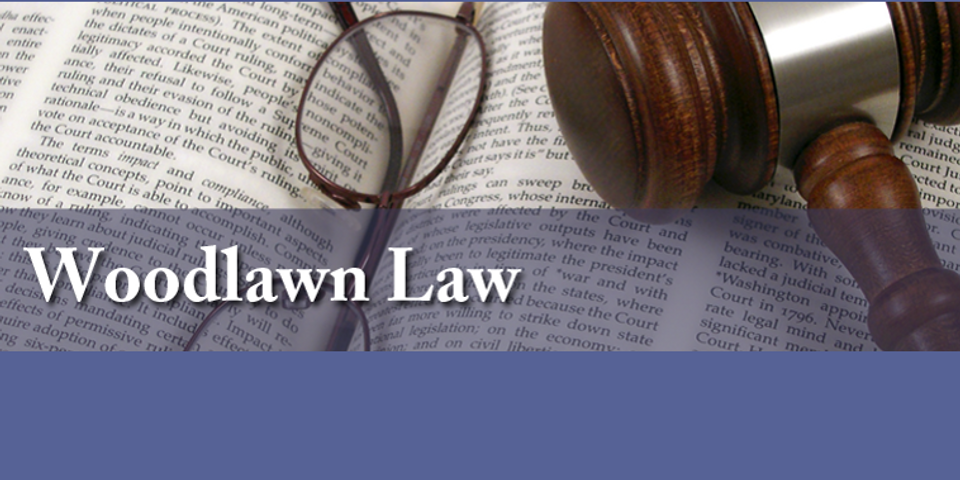
In addition to concerns over how estate planning works and who needs one [HINT: the answer is everyone], many people have questions around certain elements of estate planning, such as how jointly held property is handled, how to avoid probate, and how to ensure that their documents are valid.
Myth: Married couples don’t need an estate plan.
Although a married couple with straightforward wishes for the distribution of their property might have relatively simple estate planning needs, they should not skip estate planning altogether. Under normal circumstances, any jointly held property will pass to the surviving spouse upon the death of the first spouse. However, exceptions can easily arise, such as the following:
· The surviving spouse remarries
· One spouse would like certain property to go to their children, their parents, or a sibling, for example
· The laws of the couple's state require that assets not held jointly, be divided among the surviving spouse and children, whether they are minors or adults
· Both spouses die together
These are just a few of the situations that could complicate the execution of what could have been a fairly simple estate plan. Documenting your wishes today is a gift to your family.
Myth: To avoid probate, you have to draft a trust.
Many people get an estate plan specifically to help their heirs avoid probate, but there might be cheaper and easier methods to accomplish that.
First, if you hold jointly owned property with your spouse or someone else, it will generally pass to the other owner(s) without going through probate. Second, certain assets such as life insurance, annuities, and anything in a retirement plan, like a 401(k) or an IRA, avoid probate for as long as at least one listed beneficiary is still living.
Some states also allow you to avoid probate by adding beneficiaries to bank accounts that have a “payable on death” registration and to brokerage accounts, real estate, and even motor vehicles with “transfer on death” registrations. Finally, each state has methods to expedite or even skip probate for “small estates,” a designation that in some states can be quite large.
Myth: The Last Will and Testament needs to be notarized in order to be valid.
Your typed Last Will and Testament must be executed by you and signed by two disinterested witnesses. A notarized will fails if there is only one witness to the document.
Call David Schmidt at The Woodlawn Law Center, 636-240-6667 to schedule an appointment today.
About the Business
Have a question? Ask the experts!
Send your question

